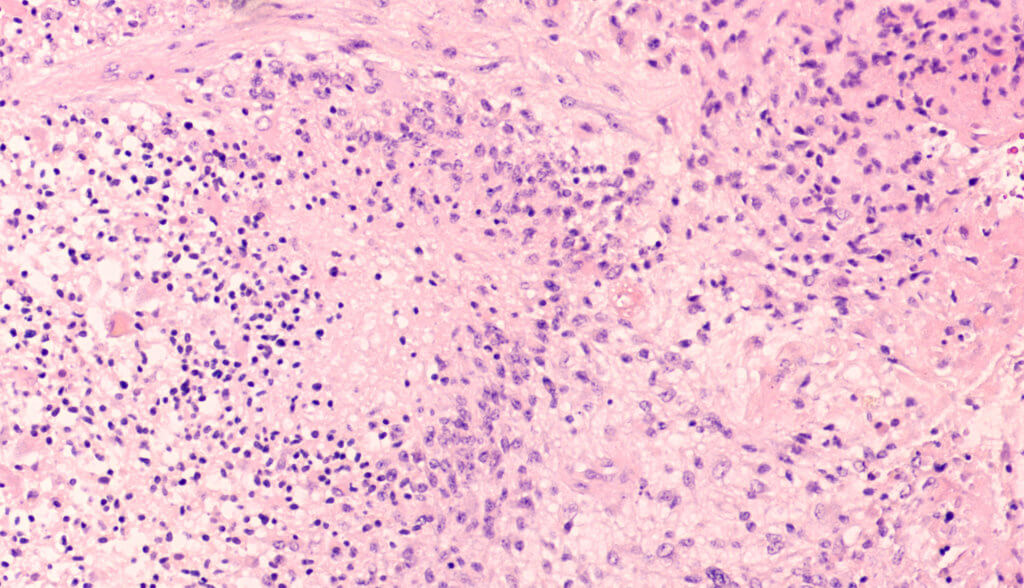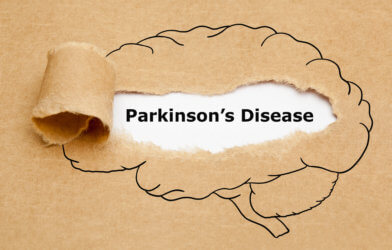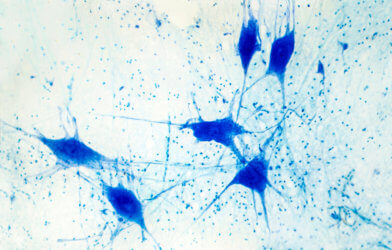What patient with a newly discovered, but unidentified mass or masses in their body doesn’t dread hearing the “C” word – cancer? Progress has been made, however, in earlier diagnosis and more effective surgical, drug, radiation, or combination treatments of many cancers. Glioblastoma remains an exception.
Treatments for the aggressive form of brain cancer are more than 30 years old, and life expectancy less than two years. Scientists have, however, developed a treatment which eliminated glioblastoma in animal models: the concomitant use of ADI-PEG20 with focal brain radiotherapy.
“With this new treatment, we were able to cure animals of an aggressive and terminal disease,” says Dr. Manuel Sarmiento Soto, from the Institute of Biomedicine of Seville, in a statement. “The post-mortem analyses detected how the cerebral immune response, and fundamentally the microglia cells, were activated during the treatment, directing their attack against the tumor cells, facilitating its complete elimination.”
Other scientists behind the experimental glioblastoma treatment include Drs. Juan García Revilla, and José Luis Venero, also from the Institute of Biomedicine of Seville; and Drs. Nabil Hajji and Nel Syed of Imperial College London.
The data obtained offer new encouragement for the treatment of glioblastoma. Regardless of the success of the new anticancer drugs, their efficacy in the central nervous system is currently very limited. The new antineoplastic agents which have been effective against tumors outside the central nervous system (CNS) have a high rate of failure against cancer cells within the CNS, primarily due to the drugs’ difficulty in reaching the cancer cells located inside the brain.
There is another clinical trial, focused on another specific type of glioblastoma, studying the use of the same drug. Results are very promising. In these patients the drug did not manifest side effects in the patients involved in this trial.
The research team is eager to begin recruiting human patients for the start of the Phase I clinical trial in the coming months. Their work is published in The Journal of Clinical Investigation.











